

Story Physics: Reaction Beats
Newton’s third law says every action will have an equal but opposite reaction. This is true in stories, too … or at least it should be. How do we get to know characters, even as they flit from one conflict-ridden chase scene to the next? Through reaction beats.
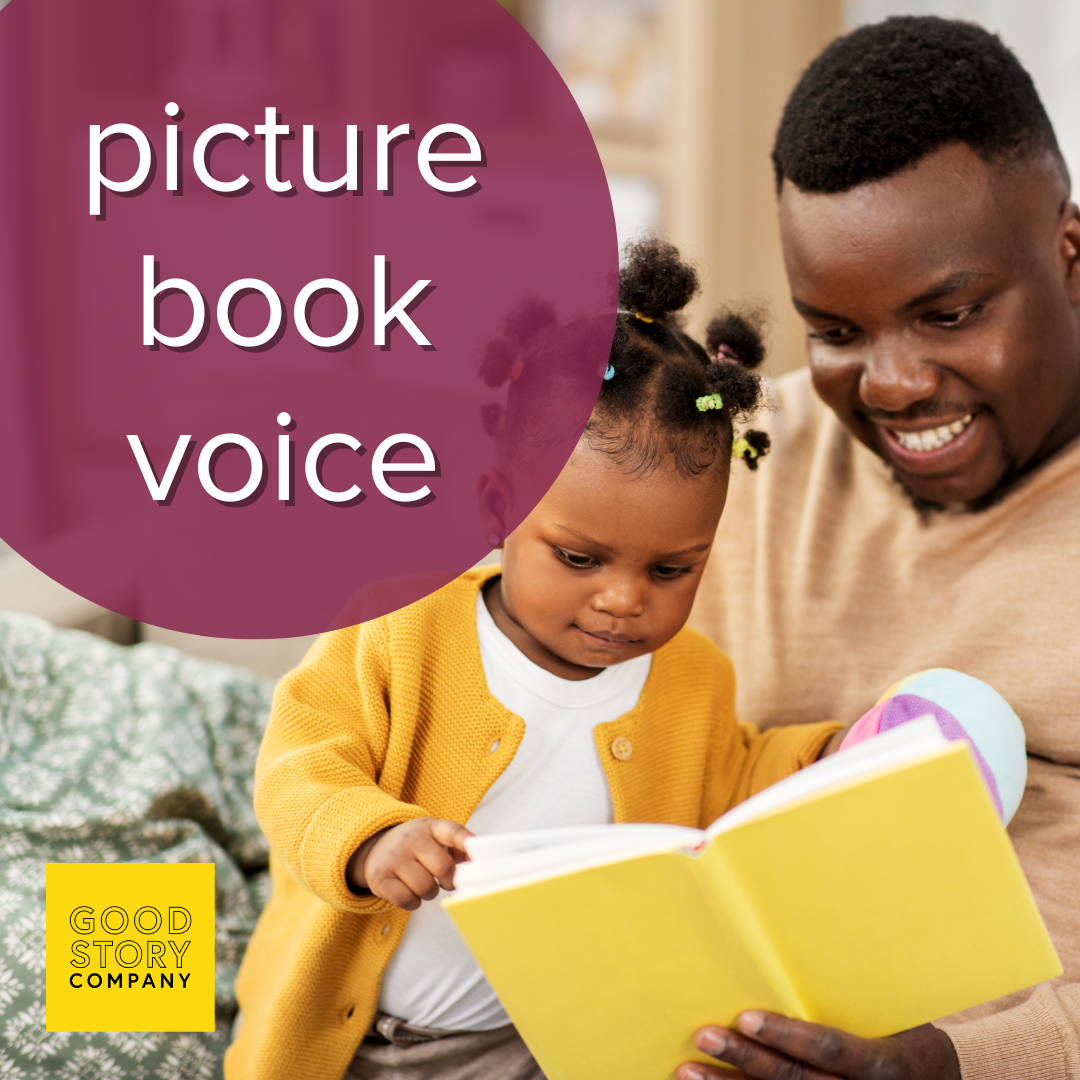
Picture Book Voice
Your voice is unique to you. It’s how you talk; the combination of sounds, the words you choose, your sarcasm or humor, etc. Those same idiosyncrasies factor into writing voice. It’s a writer’s stylistic choices, the POV character’s personality, and the audience you’re telling the story to. So, what’s picture book voice?
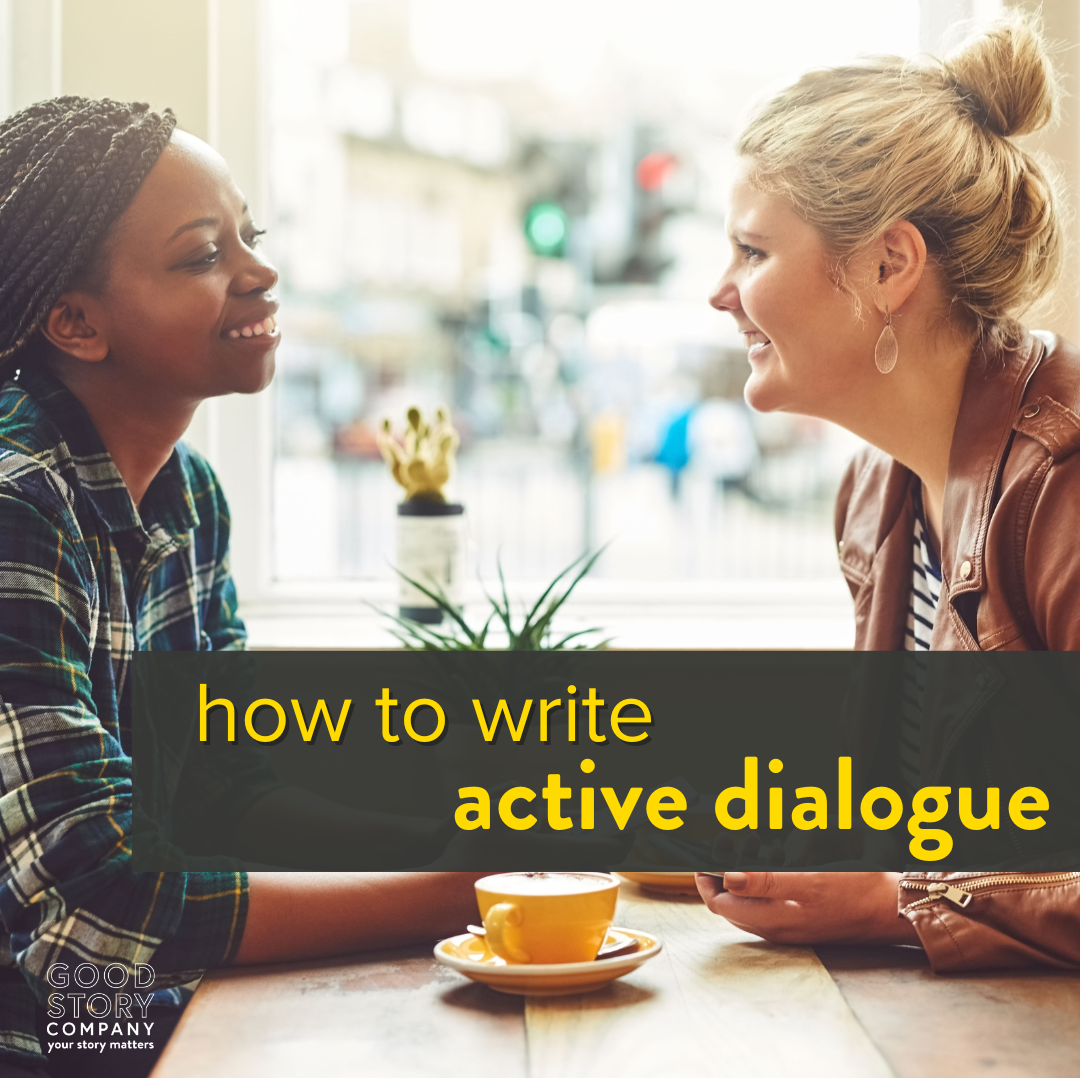
How to Write Active Dialogue
Writing dialogue is tricky. It seems like it should be the simplest part of the process, because we’re all familiar with what conversations sound like. There’s a difference, though, between a conversation you might have and how to write active dialogue in your story.
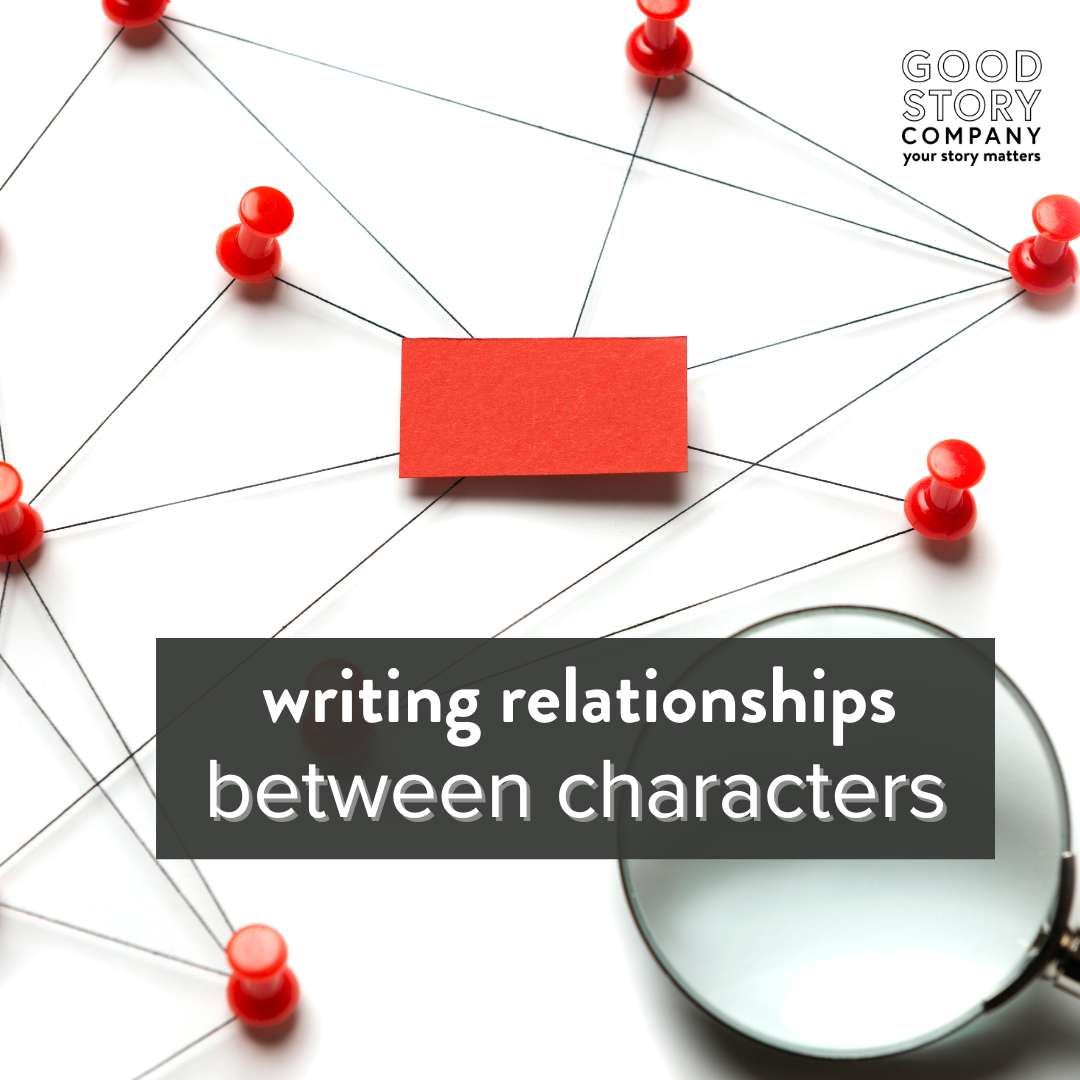
Writing Relationships Between Characters
Populating your world with interesting people can make readers care about your story, and writing relationships between characters can inspire them to ship, daydream, and root for your characters. Here’s how to help them come alive on the page as real, believable people.
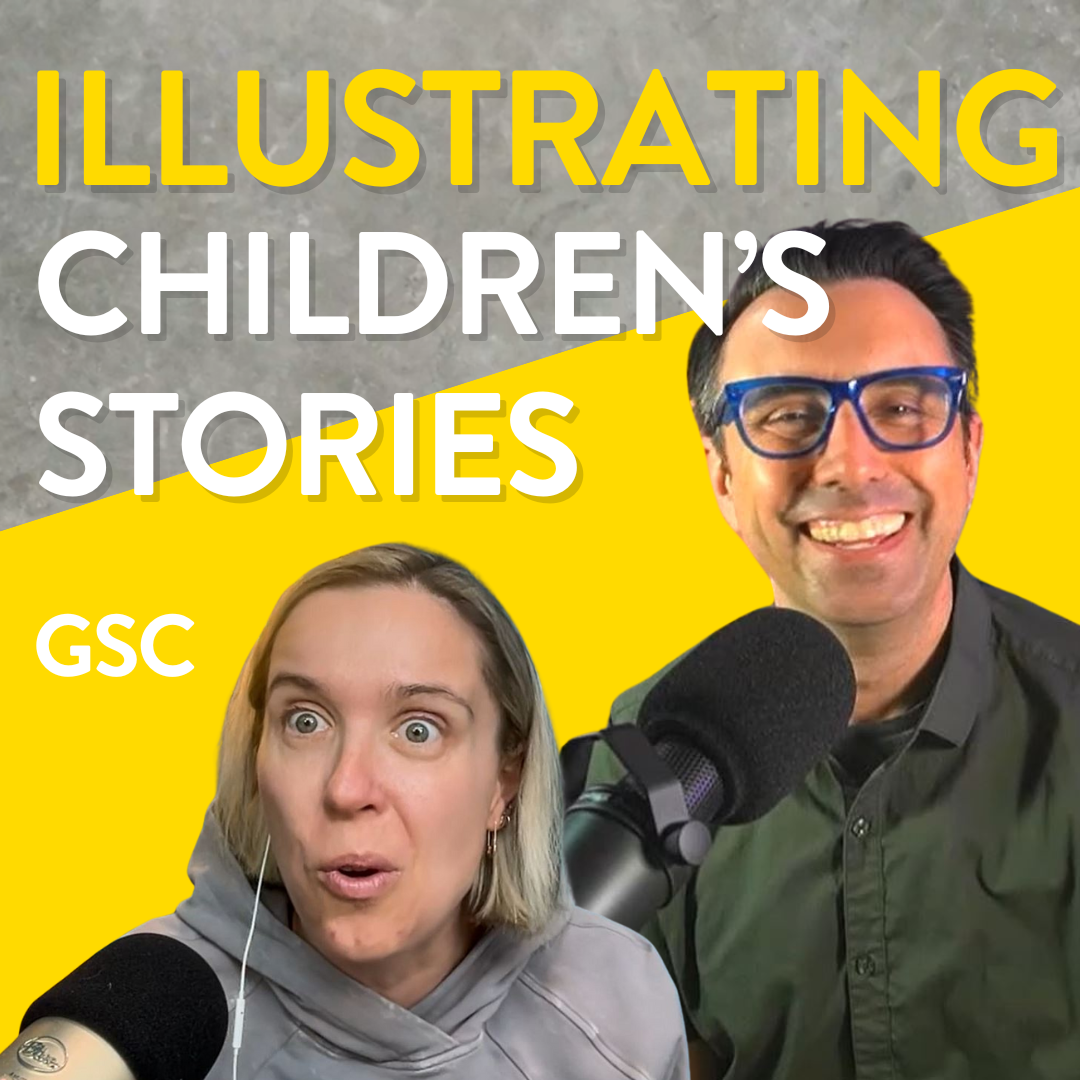
Episode 41: Jarrett J. Krosoczka, NYT Bestselling Author/Illustrator
NYT bestselling author/illustrator Jarrett Krosoczka shares the challenges and gratifications of reaching across different age categories and the importance of illustrations in storytelling. Listen to hear his tips on writing within established franchises (like Star Wars), how to pivot a picture book idea into a graphic novel series, and memoir writing.

Healing Writer Burnout
Writer burnout is a cousin to writer’s block, with a few key differences. Both states leave you feeling like you should write, you need to write, but you just can’t. I’ll share five tips that’ll help you recover from writer burnout.

How to Cure Writer's Block
Regardless of who I’m talking to—an audience of kid readers, or a group of teachers at a workshop, the most common question I receive is: how to cure writer’s block?
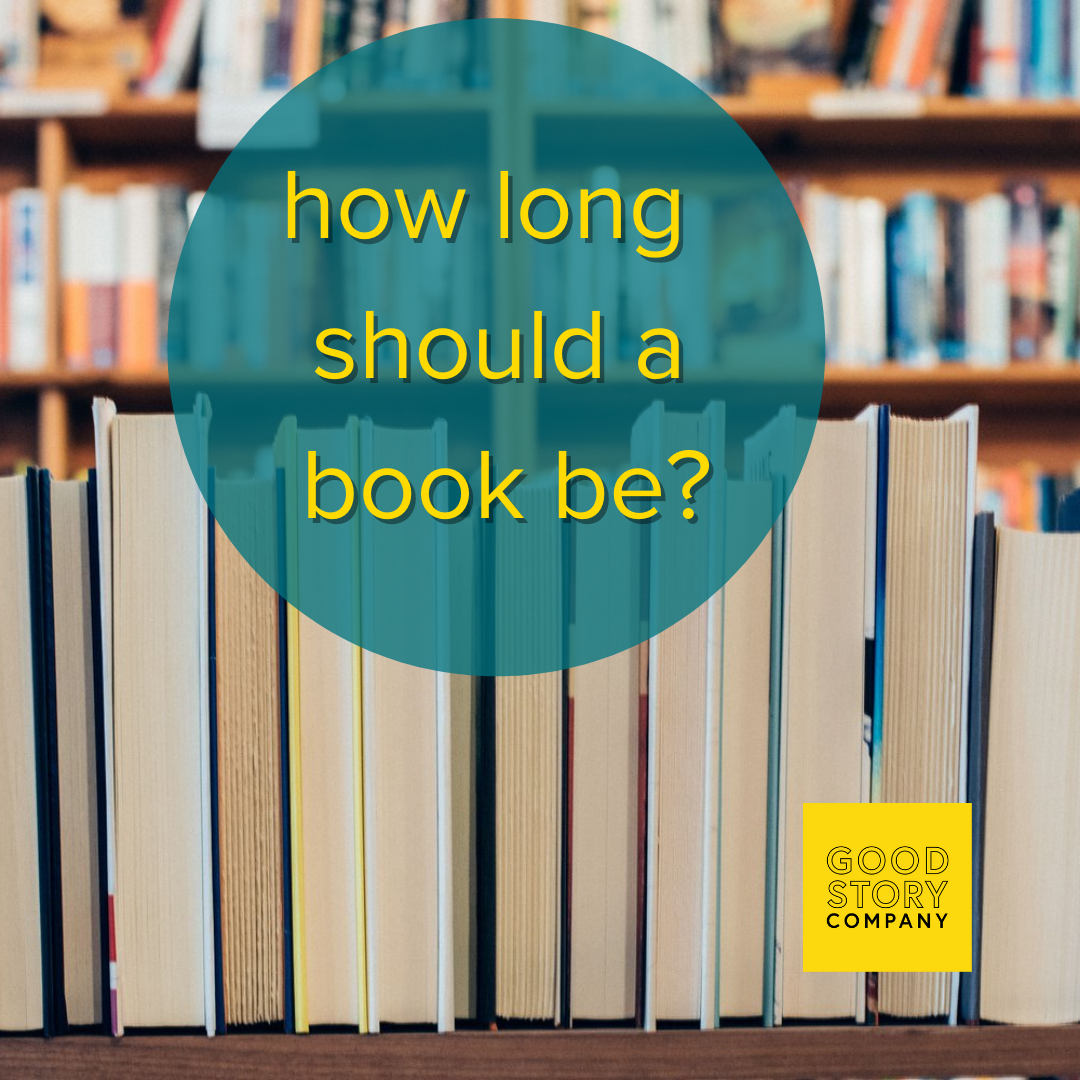
How Long Should a Book Be?
Writers have a love-hate relationship with word count. It’s one of the necessary evils we deal with to determine if a manuscript meets an acceptable published length. So how long should a book be? Here’s a guide to help you answer.
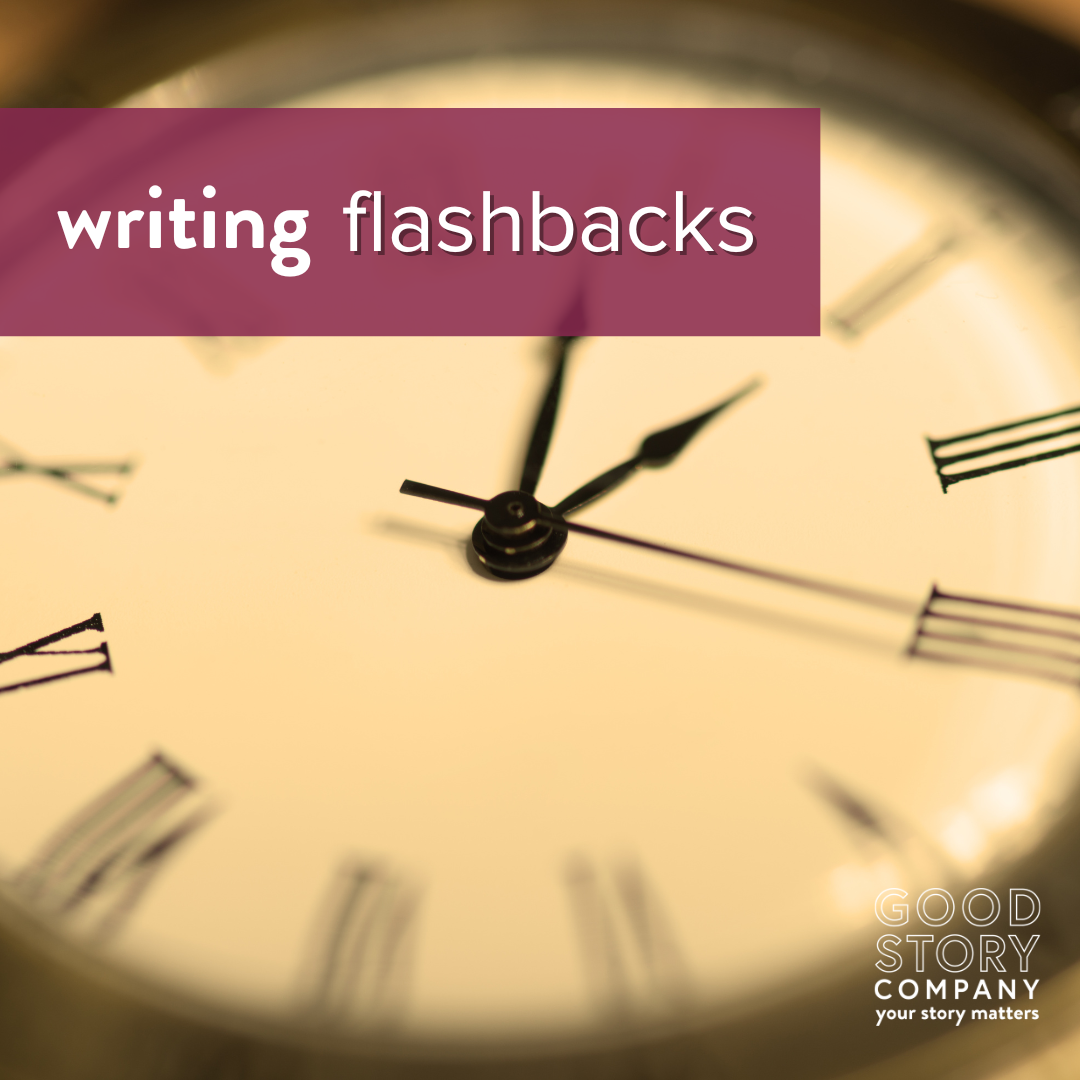
Writing Flashbacks
Writers are often cautioned away from flashbacks, but they can connect the dots between the past and who the characters are now. Read on for tips on writing flashbacks that function well.
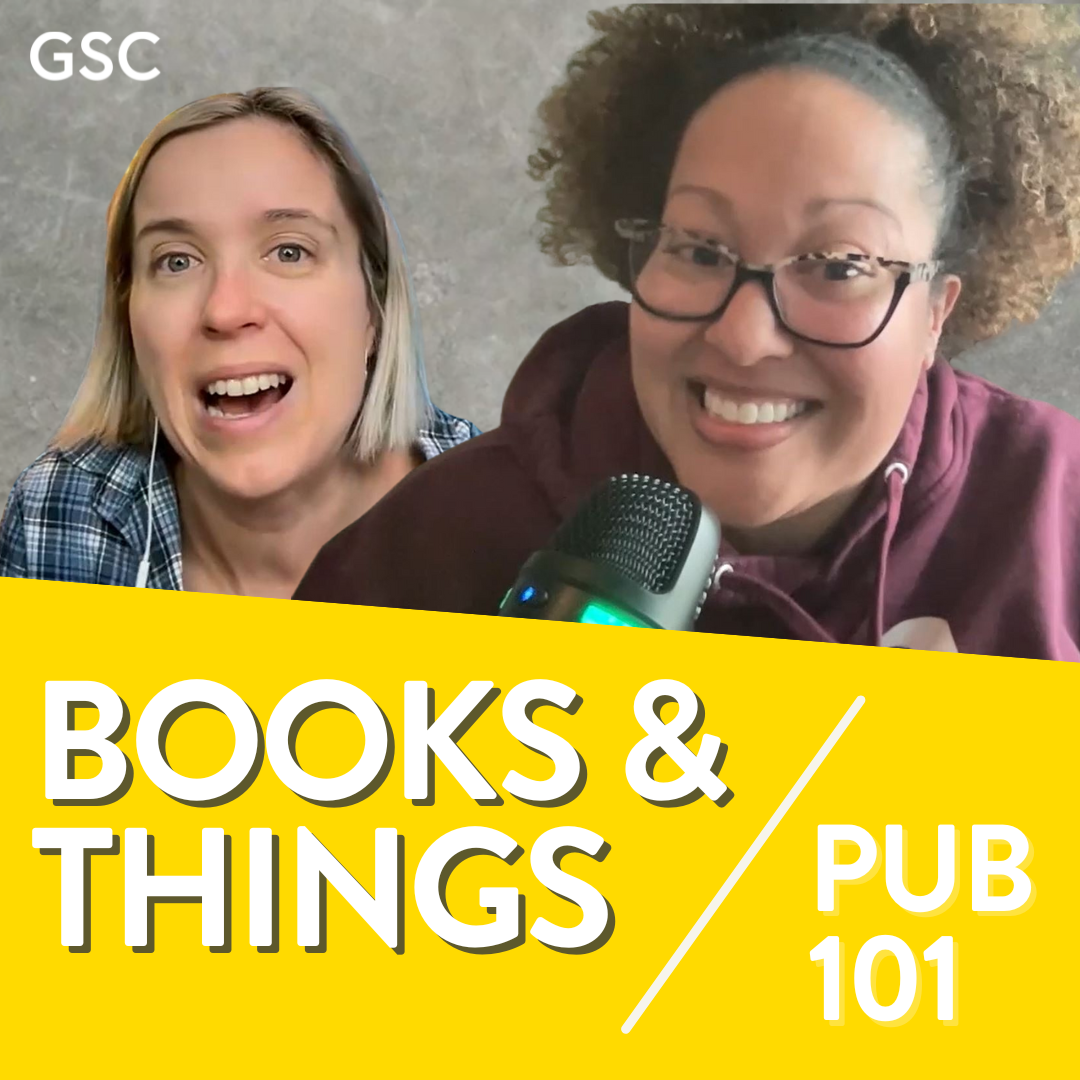
Episode 40: Danielle Marietta, Creator of Books & Things Publishing
Danielle Marietta joins the podcast to discuss Books & Things Publishing, the children’s book sphere, and the importance of promoting diverse authors. Tune in to learn more about Danielle’s writing journey, and her tips on self-publishing, social media marketing, and connecting with your target audience.
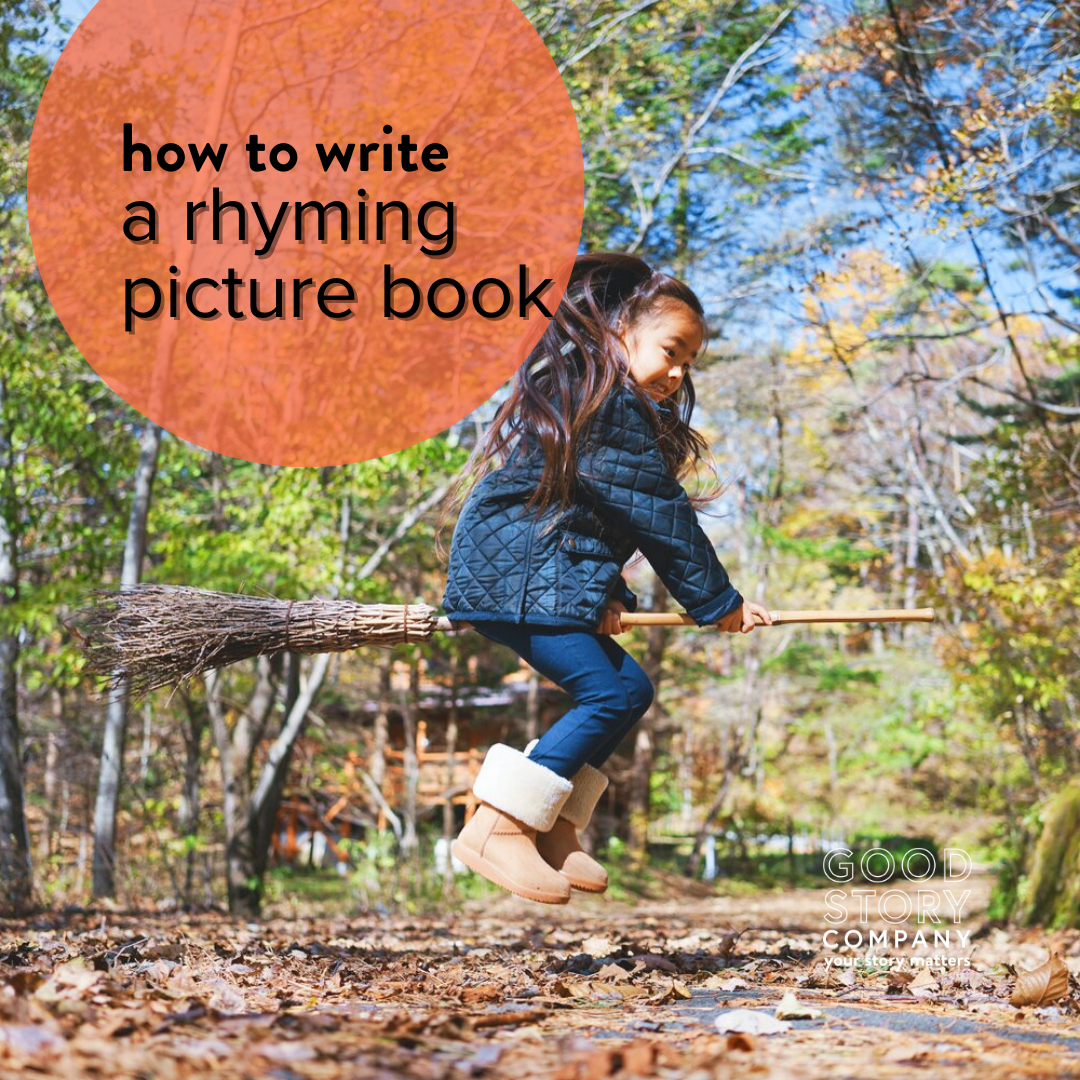
How to Write a Rhyming Picture Book
When done well, rhyming picture books are snappy, quotable, and fun to read. Children retain the words more easily and begin to identify patterns and sounds: a real treat. The problem? Writing a good rhyming picture book is much trickier than it looks.
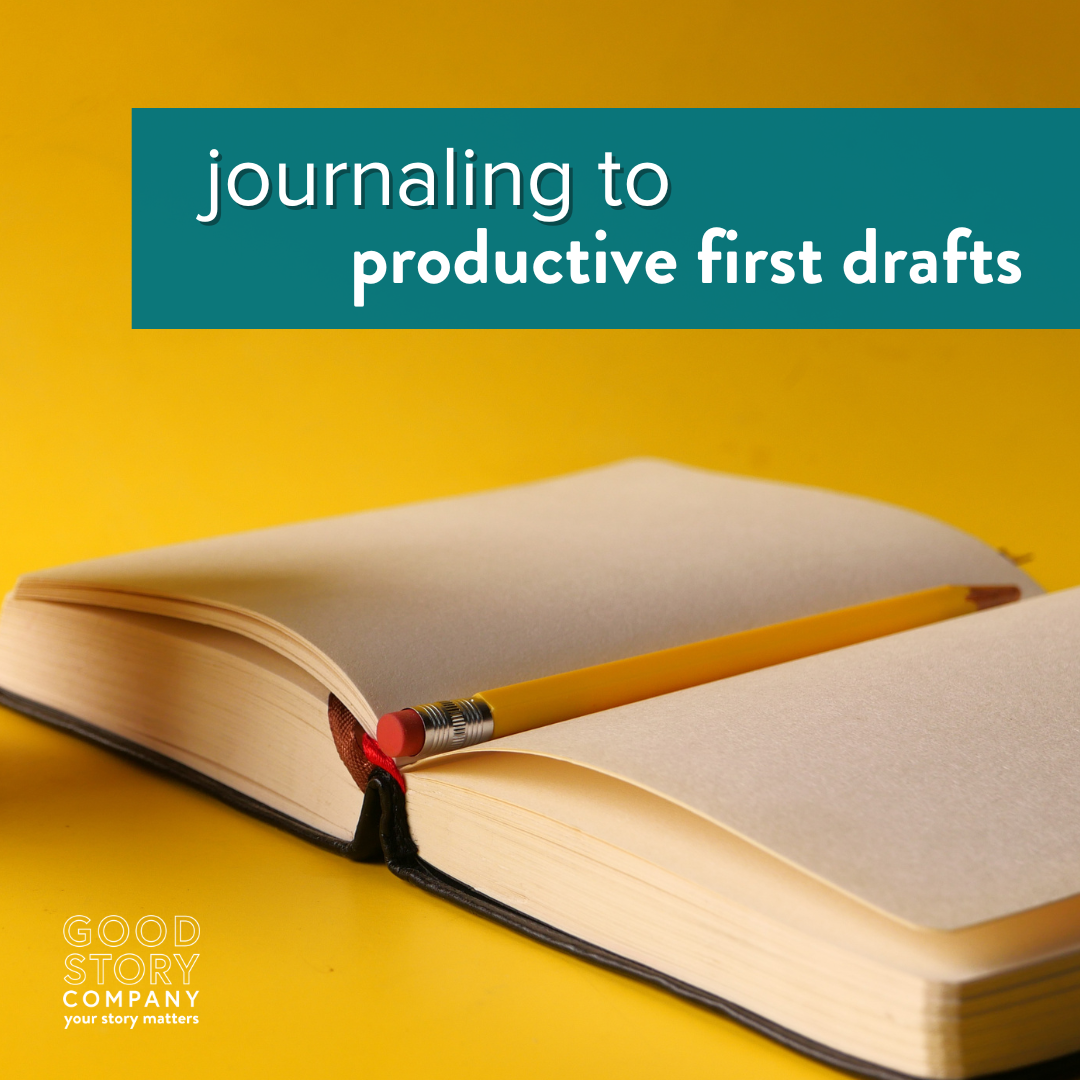
Journaling to Productive First Drafts
In a world where life constantly competes for our time, we don’t have the luxury of writing twelve to fifteen drafts of something before we can say it’s done. We need to work smarter, not longer. We need to write productive first drafts.

How to Describe Emotion
We want our readers to connect emotionally to our characters and to feel their pains and struggles—but it can be tricky to know how to describe emotion to create that connection. Here are some effective ways to describe emotion.

List of Character Reactions
Reactions go beyond what a character’s body does in the moment. Check this list for ideas for digging your characters out of their physical clichés and moving your story forward.
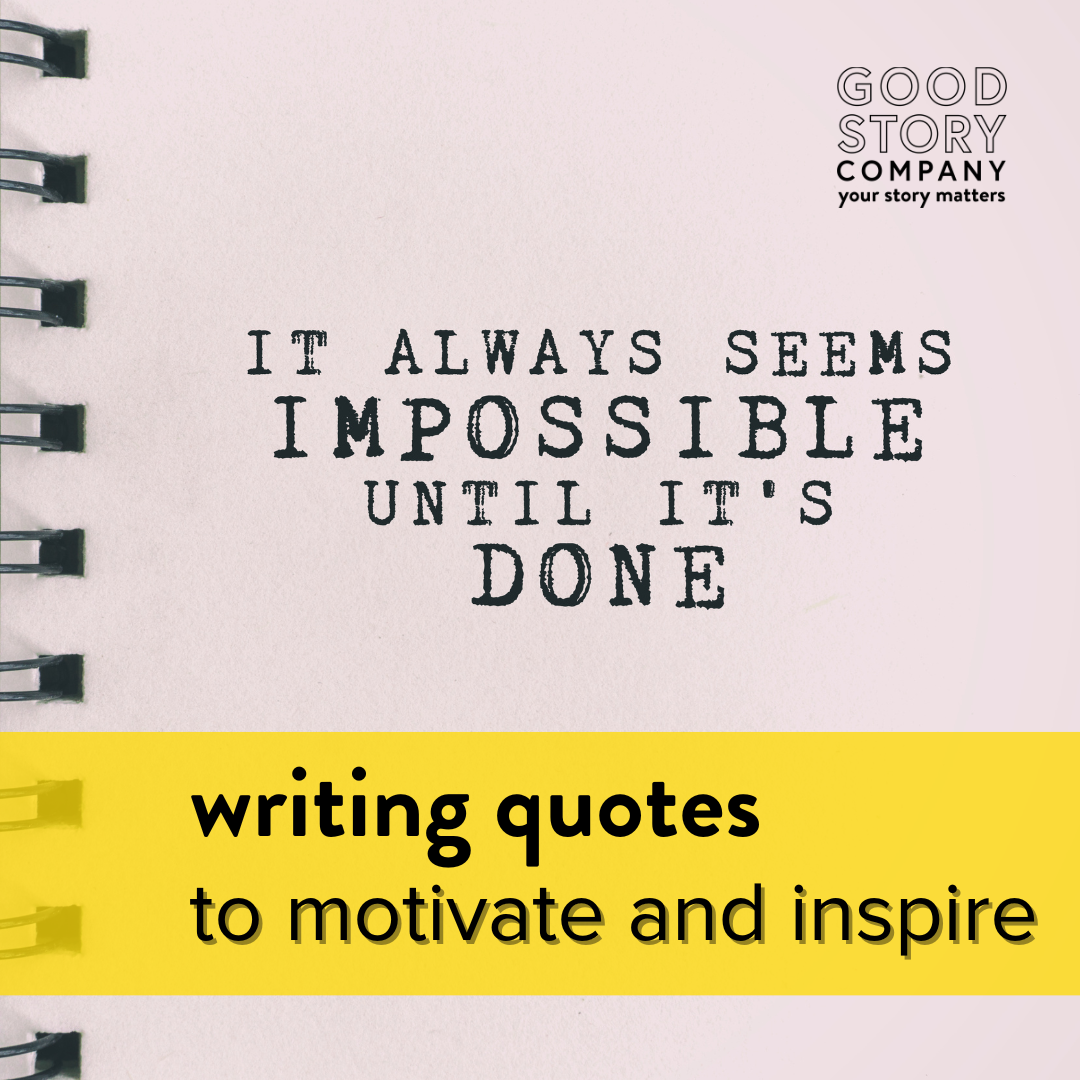
Writing Quotes To Motivate and Inspire
Pithy writing quotes can motivate and inspire with just a few words. We’ve put together some of our favorites to keep you motivated when the going gets tough.

Daily Writing Practice: Five Tips For Writing More
Having a daily writing practice is one of the best ways to improve your writing. The more you write, the more you’re able to learn about your style and voice. So, here are five tips to make this dream a reality.
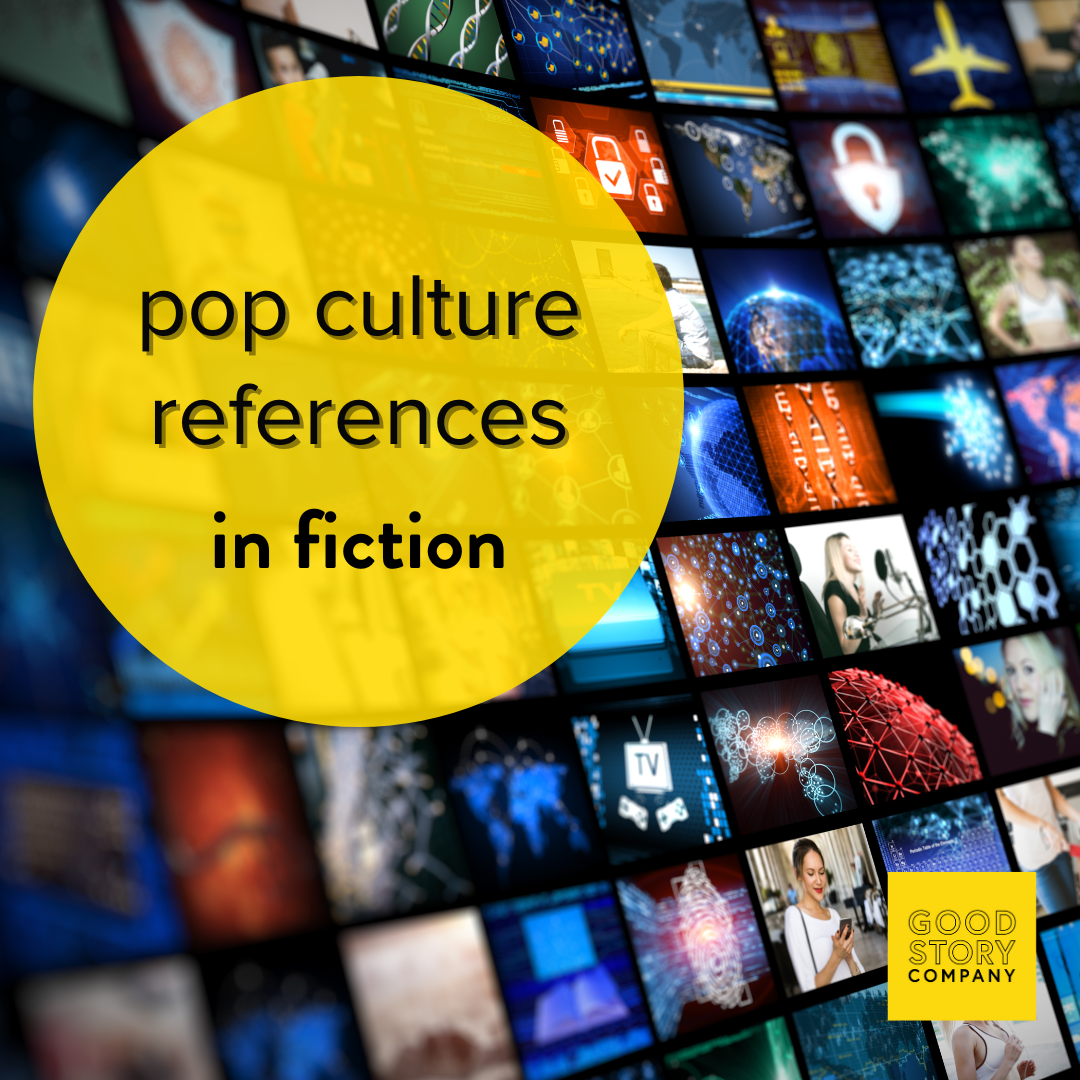
Pop Culture References in Fiction
The question of whether to include pop culture references in fiction can be a sticky one, especially for YA authors, whose target audience is often hyper-aware of pop culture trends.
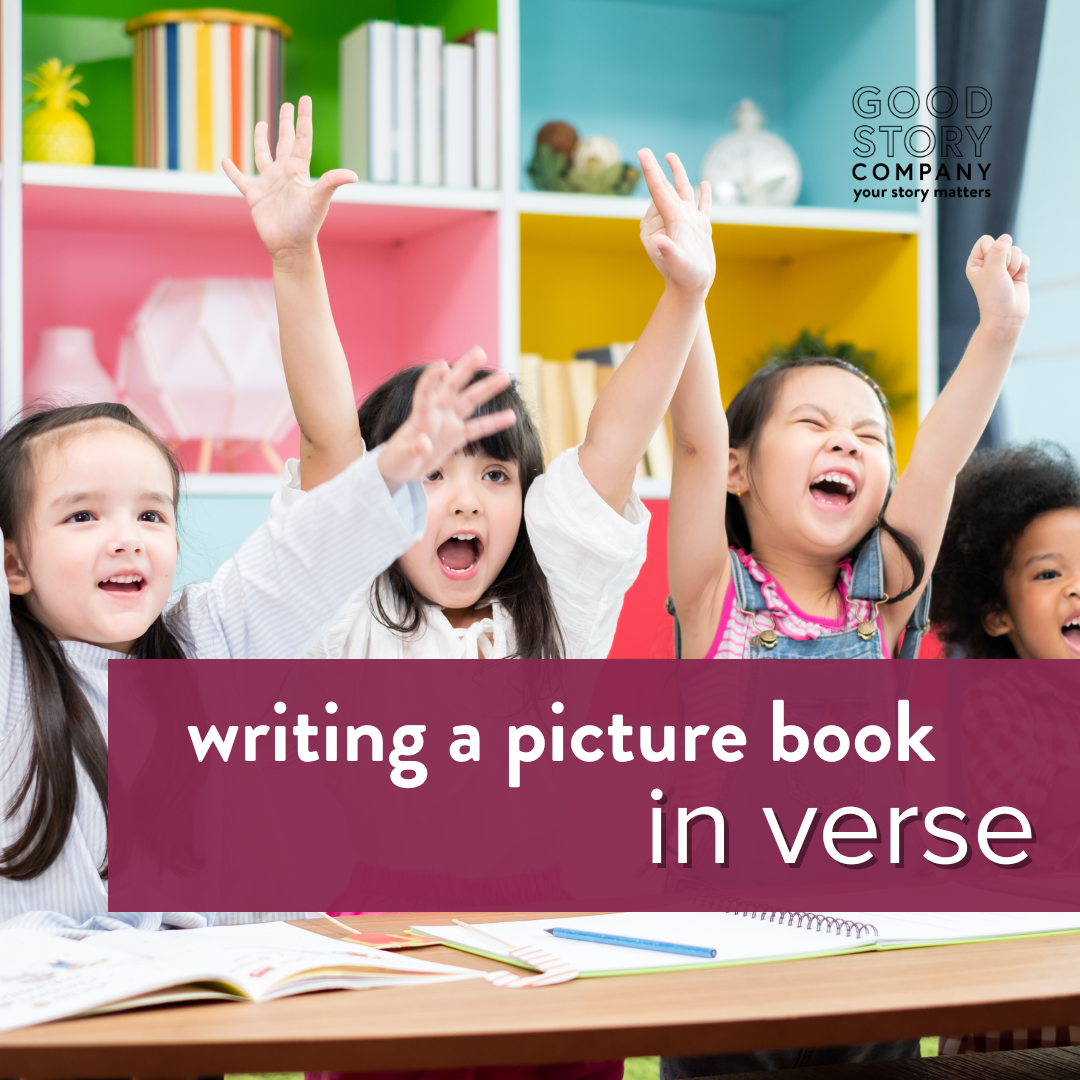
Picture Books That Sing: You Don’t Have to be a Poet to Write a Picture Book in Verse
Picture books are so fun to read aloud! Readers can play with the volume, pitch, and inflection of their voices to give the verses maximum effect.
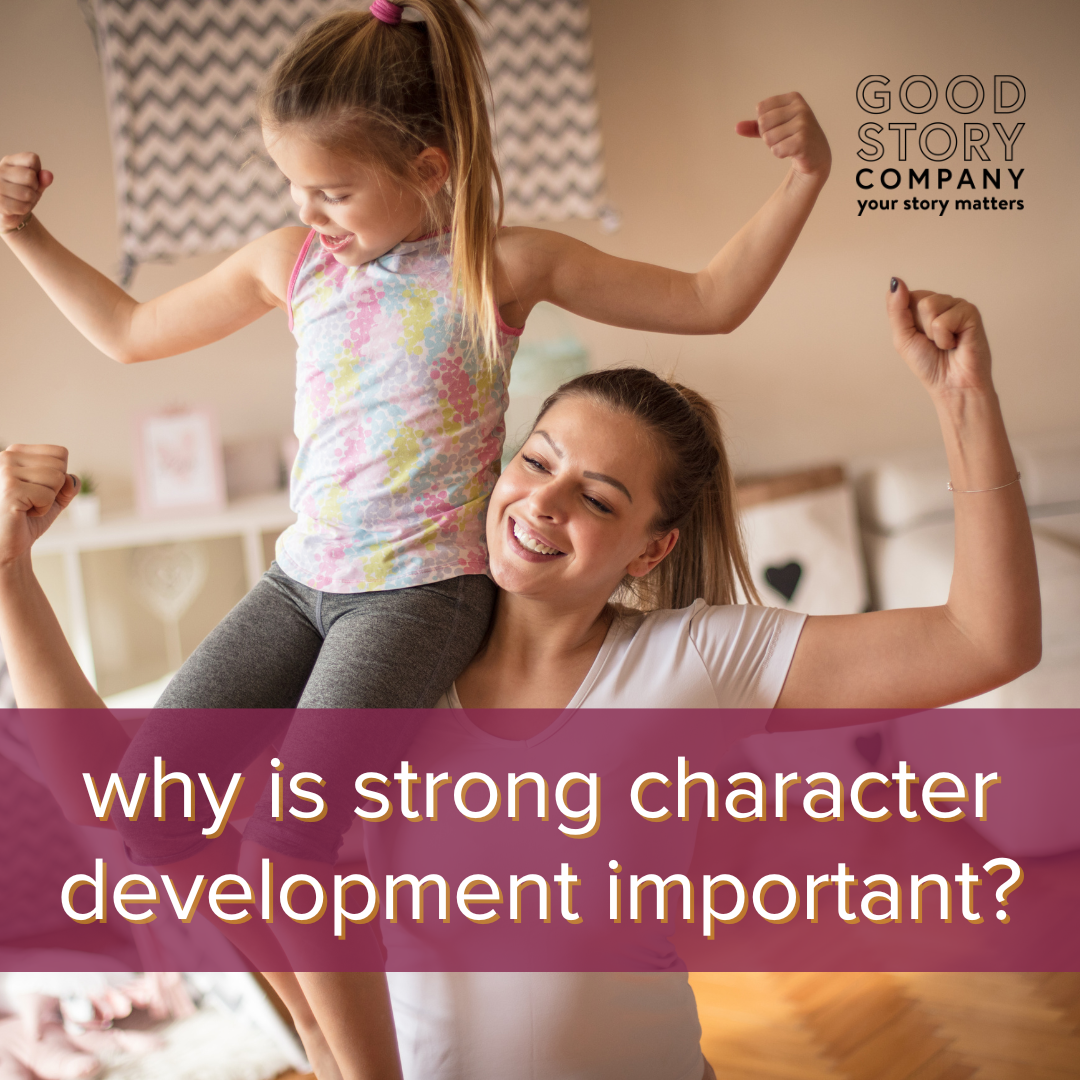
Why is Strong Character Development Important?
Strong character development arcs make better stories. Here are some tips on writing characters that readers will connect with and root for.

Writing Believable Characters
We know a believable character when we see one. We know what they want, how they feel, and that they’ll be different at the end of the story than they were at the beginning. Here’s how to make sure they’re connecting with your reader.
